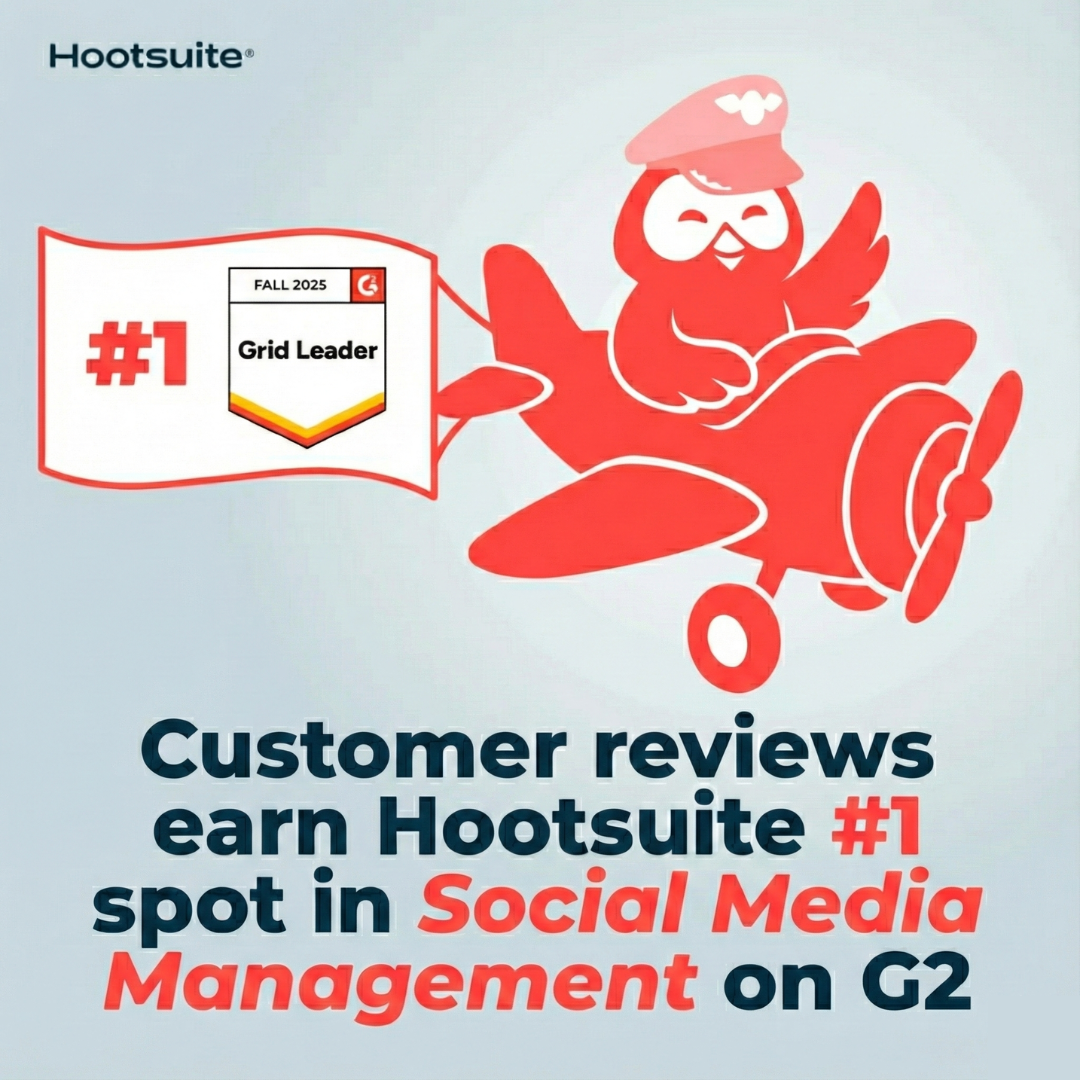Stoyan Mitov is the CEO of Dreamixa custom software development company helping tech leaders increase capacity without giving up quality.
Nearly every software development company now claims to be an AI expert. However, after leading a software company’s journey with AI, I’ve learned that by now, businesses need to start distinguishing genuine AI capabilities from mere marketing hype.
McKinsey research indicates that while 78% of organizations use AI in some capacity, only 1% of leaders feel their companies are truly mature in AI deployment. This suggests that while many are experimenting, few are delivering substantial value.
Therefore, choosing a software development partner requires a thoughtful approach. Companies need partners who excel not only in AI integration, but also in hybrid team management, economic adaptability, security compliance and talent retention. The challenge is to look beyond marketing claims and evaluate how effectively a company can deliver real value in these critical areas.
The AI Reality Check
When evaluating development partners, companies should not only ask whether they use AI tools, but also how effectively they apply them. Recent studies show that when experienced developers use AI tools, they actually take 19% longer to complete tasks. This counterintuitive finding underlines the importance of evaluating vendors beyond surface-level AI claims.
Ask potential partners for specific examples of AI integration in their development process. Request metrics on productivity improvements, code quality changes and client outcomes. Companies making genuine progress can provide concrete data rather than theoretical benefits.
According to industry analysis, 82% of developers use generative AI in at least two phases of their development process, but 38% report that these tools provide inaccurate information at least half the time. This means partners need robust processes for validating AI outputs.
Hybrid Team Management Maturity
2025 represents five years of hybrid work evolution, and we’ve moved beyond basic remote capabilities to sophisticated distributed team management. The ability to manage hybrid development teams effectively has become a competitive differentiator.
Today, 40% of jobs offer some form of remote work flexibility, with hybrid arrangements becoming the standard rather than the exception. For development companies, this means evaluating how they handle time zone coordination, communication protocols and project visibility across distributed teams.
Ask about their hybrid team composition and management processes. How do they ensure consistent code quality across different locations? What tools do they use for real-time collaboration? How do they handle client communication when team members work across multiple time zones?
According to research, 72% of hybrid employees prefer this arrangement over fully remote or office-based work. Development partners who have mastered hybrid management can access broader talent pools while maintaining project quality.
Economic Adaptability
Current economic pressures require development partners who can maintain quality while optimizing costs. This goes beyond simple price comparisons to evaluating how companies adapt their operations during uncertain economic conditions.
Examine how potential partners have handled recent economic challenges. Did they maintain team stability during difficult periods? How do they structure contracts to provide flexibility during budget constraints? Can they scale teams up or down efficiently based on project needs?
According to recent data, 83% of organizations implementing AI platforms saw positive ROI within three months, but this requires partners who understand both technology implementation and business value measurement.
Look for development companies that can demonstrate measurable business outcomes rather than just technical deliverables. Partners who understand the economic context of your project can make better architectural and feature decisions.
Security And Compliance
New regulatory requirements around software supply chain security mean development partners must demonstrate not just current compliance, but also adaptability to evolving security standards. Ask about their security practices for AI tool usage, data handling and third-party integrations. How do they ensure that AI-generated code meets security standards? What processes do they have for managing dependencies and supply chain risks?
The regulatory environment continues evolving rapidly, particularly around AI governance and data protection. Partners need demonstrated ability to adapt compliance processes quickly rather than simply meeting current requirements.
Evaluate their incident response capabilities and track record. In an environment where security threats evolve constantly, partner responsiveness and transparency during security events matter more than perfect prevention records.
Developer Talent Strategy
The global software developer shortage continues to intensify, making partner talent acquisition and retention strategies crucial evaluation criteria. How development companies attract, develop and retain skilled developers directly impacts project quality and timeline reliability.
Ask about their developer retention rates, training programs and career advancement paths. Companies with strong internal cultures typically maintain more stable project teams. High turnover creates knowledge gaps that affect project continuity regardless of individual developer skills.
Examine their approach to continuous learning and technology adoption. The pace of change in development tools and practices requires partners who invest in ongoing team development.
Evaluation Guide
When evaluating potential partners:
• Request specific examples rather than general capabilities statements. Ask for detailed case studies showing how they’ve handled challenges similar to yours. Look for partners who can explain their failures and lessons learned, not just successes.
• Conduct trial projects or proof-of-concept engagements before committing to larger relationships. This reveals operational capabilities that interviews and references cannot capture. Pay attention to communication patterns, problem-solving approaches and how they handle changing requirements.
• Focus on partners who ask detailed questions about your business context and objectives. The best development companies understand that technology decisions should align with business goals rather than pursuing technology for its own sake.
• Evaluate their approach to knowledge transfer and documentation. Partners who build systems you can understand and maintain create better long-term value than those who create dependencies through complexity.
The current development landscape rewards companies that combine technical expertise with business understanding, hybrid team management capabilities and adaptive operational processes. The key is identifying partners who have evolved beyond basic service delivery to become genuine strategic collaborators in your business success.
Forbes Technology Council is an invitation-only community for world-class CIOs, CTOs and technology executives. Do I qualify?












